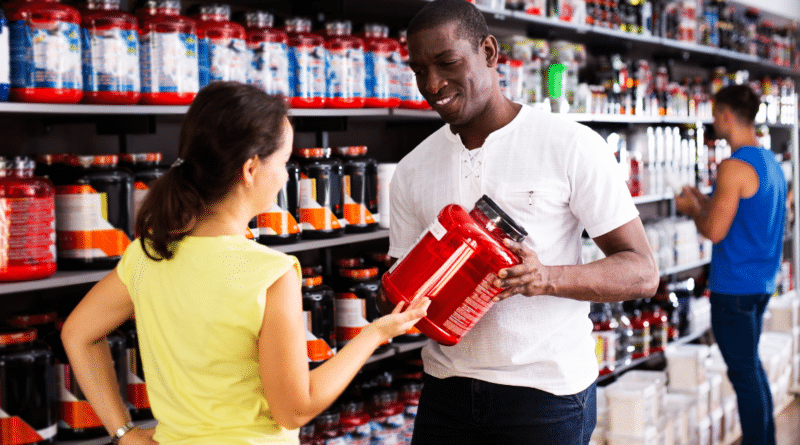Retail Experience is the ONLY Way Supplement Stores Survive
Over the last several years, online retail sales have grown exponentially. Why? Because it’s convenient. People don’t want to leave their homes to make purchases, which unfortunately kills brick-and-mortar supplement stores. That said, the retail experience (or retail customer experience) is something many brick-and-mortar locations are failing at, and it’s causing them to close their doors.
Now, what exactly is retail experience or retail customer experience? If you were to look up the definition of retail experience, it would read something like this: How a particular brick-and-mortar retailer interacts with its customers to sell their products, services, or goods.
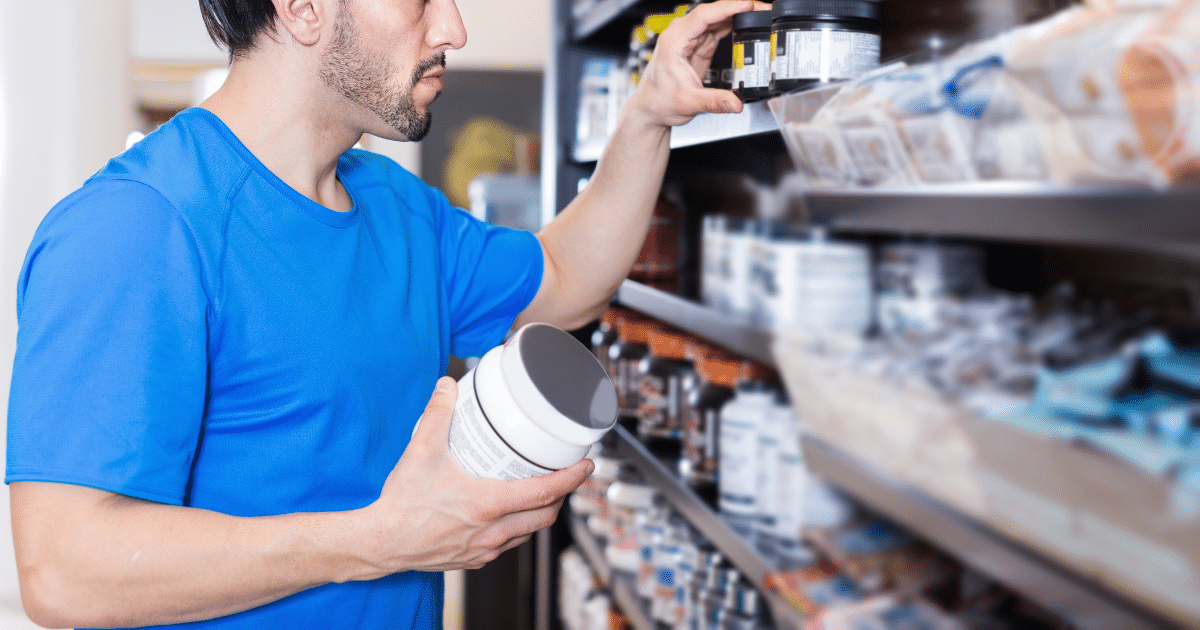
The retail experience can also apply to online retailers, but for the sake of this article, I want to primarily focus on brick-and-mortar supplement stores.
Related Article: Is Customer Service No Longer an Important Part of Business?
With that being said, in this article, we are going to dive deeper into retail experience and retail customer experience and how it comes into play as it relates to supporting supplement stores.
Disclaimer: This article is for informational purposes only and is not meant to treat or diagnose any condition. It is recommended that you speak with your doctor before starting any exercise program, changing your daily nutrition, or adding any supplements to your regimen.
Table of contents
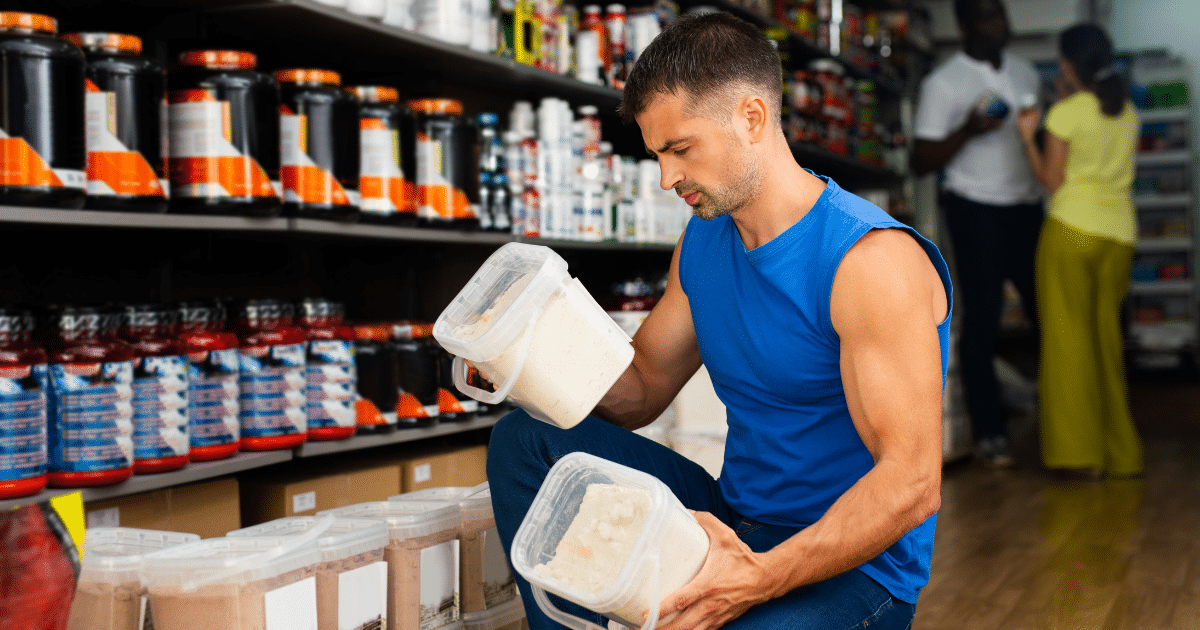
Retail Experience is DEAD in Many Supplement Stores Today
I don’t want to sound like I’m dogging on supplement stores, as this actually transitions into every brick-and-mortar retailer. If you walk into any GNC (for example), what you’ll find are clerks looking to direct you to certain products. What products? The ones with the highest margin, not necessarily what’s best for the customer’s individual wants and needs.
Years ago, I had a major issue with GNC. When I worked for MET-Rx, I would go into GNC stores in various states, acting as a normal customer, and ask them about the MET-Rx white box (meal replacement packets). They would immediately tell me how bad they are and that the GNC version is much better. When I asked why, they had no real answer for me. This is a terrible retail experience.
When you go into supplement stores looking for something to solve a problem, you expect the clerk to be knowledgeable and direct you to a solution, not what they are directed to sell you.
Related Article: Is Retail Dying at the Hands of E-Commerce Shopping?
Additionally, when you go into a supplement store like GNC, do they ever get to the root cause of your issue? Do they discuss your nutrition and training as part of the retail customer experience, or do they simply show you a product they feel you “need” to buy?
The retail experience needs to be thorough, and supplement stores need to look to add value to their service — not simply sell you products.
Who’s Doing It Right?
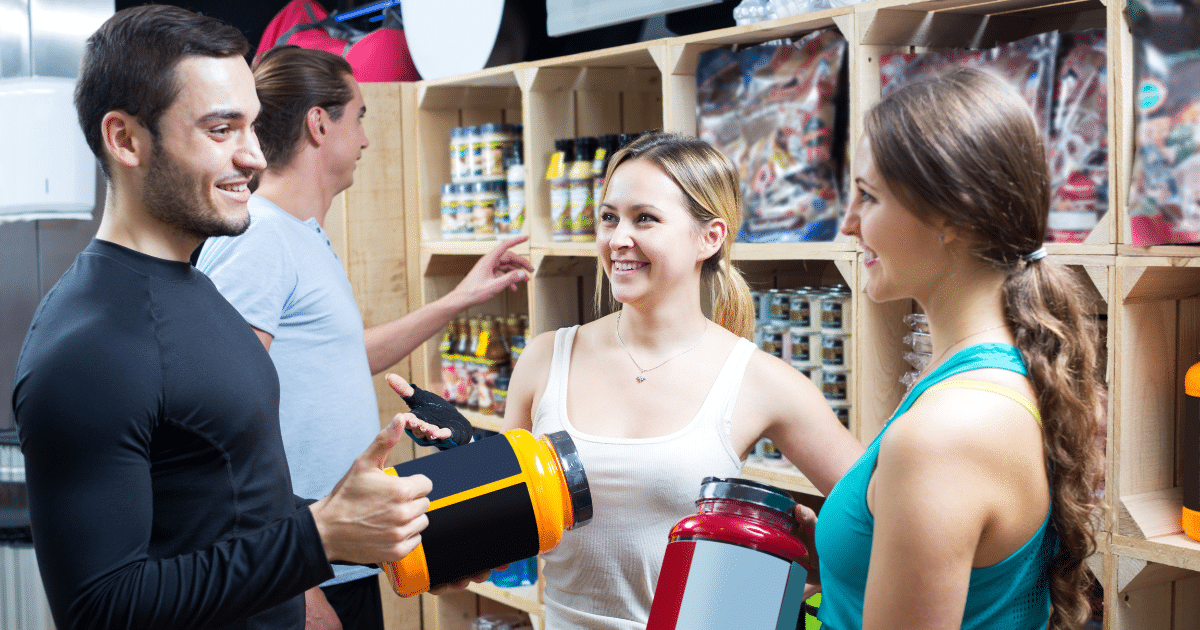
I’ll give you a perfect example of retail experience. If you were to walk into any Natural Body location in New York, you would find helpful staff that wants to see you hit your goals. Why? Because if you get good results, you’re more likely to come back in to shop for more products and repurchase the exact product that gave them the results they were looking for.
It’s about helping the person achieve their goals. If they had a bad retail experience, they’d never see that person ever again.
Steve Calabrese and Tim Gritzman probably do as good of a job as any supplement store in existence when it comes to the retail experience. They want people to leave with all the tools they need to know (including knowledge) to help them reach their health and fitness goals. They TRAIN their employees on retail customer experience and ensure everyone working the floor has the necessary knowledge to work with a customer and get them results.
The same can be said about Matt Lane at the House of Gains locations in Pennsylvania. They go above and beyond with the retail experience to ensure everyone leaves the supplement stores having a great experience and leaving an impactful and lasting impression.
Yet, most supplement stores these days are robotic in their retail experience, or lack thereof, and for many, it turns customers off — only to shift them back to online purchases moving forward.
You only have one opportunity to make a good first impression. It sounds so cliché, but it’s the absolute truth. The retail customer experience will make or break your business.
How Can Supplement Stores Improve Retail Customer Experience?

The heading alone is enough to make me chuckle, as you would assume it would be common sense — but apparently, it’s not.
I encourage every supplement store owner to take a good, hard look at their business model. How does your business operate, and how do you set yourself apart from the competition? Do you simply sell products, or do you sell an experience?
I’ll tell you firsthand that if you sell the retail customer experience, you’ll never need to worry about that customer never returning. Why? Because if they enjoyed working with the clerks on the floor, they provided them with a ton of information and value, and handpicked products that would work best for the customer (and not just the fattest margined products they have on the shelves), it goes a LONG way.
Do you know what comes along with a great retail customer experience? Loyalty.
If you know anything about me, loyalty is everything. Granted, you will have a select few people who will come into supplement stores, squeeze out all the information and value they can, and then shop online for the products, looking for a better price. But the people who hold the same values that I’m talking about understand loyalty and appreciate when people go above and beyond to help them.
Related Article: Is Brand Loyalty More Powerful Than Price?
So, what can supplement stores do to improve the retail experience?
Strategies Supplement Stores Can Implement to Improve the Retail Experience
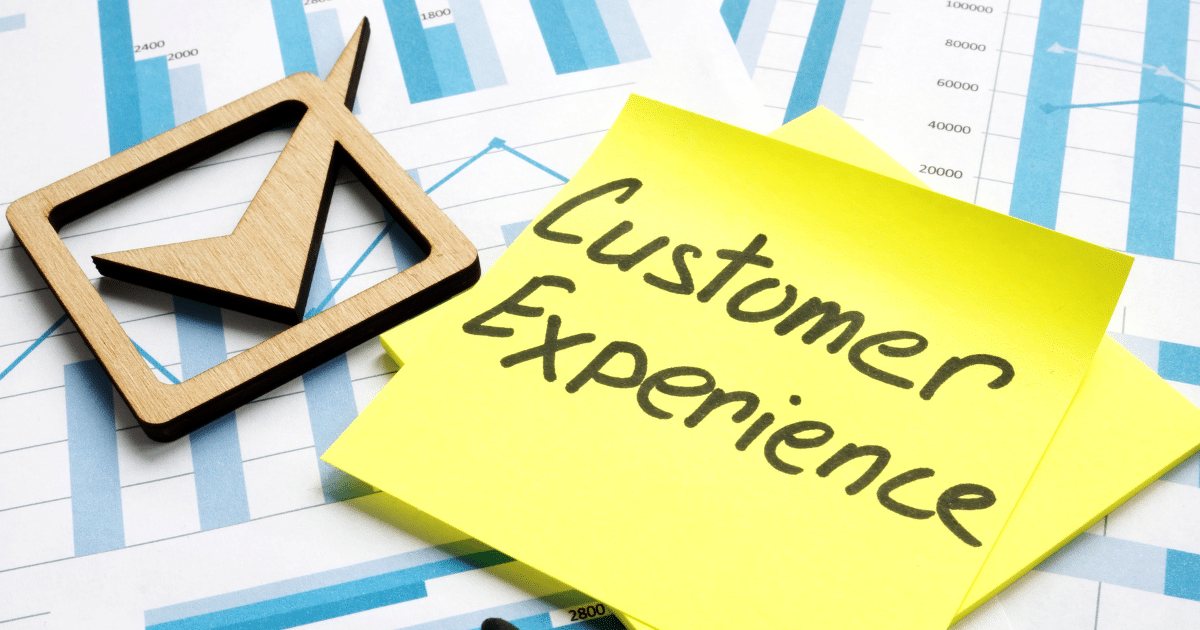
Below are some strategies that supplement stores should look to use daily in order to help improve retail experience in their brick-and-mortar location(s):
1. Knowledgeable Staff
Ensure that your staff is well-trained and knowledgeable about the products you offer to give customers the best retail experience possible. They should be able to provide personalized recommendations based on customers’ needs and goals. They should also have an understanding of nutrition and training to help dive deeper and uncover some issues that could be causing the customer to have less-than-ideal results.
2. Educational Materials
Provide informational brochures, pamphlets, or digital resources that educate customers about various supplements, their benefits, and proper usage. Additional information on proper nutrition and training is also ideal. This can empower customers to make better and more informed decisions during the buying process.
3. In-Store Demos and Workshops
Host in-store demonstrations or workshops to showcase the proper use of supplements as part of your retail experience. Allowing customers to try products can also lead them to try new things or add supplements to their current regimen that they may have never considered or used before. This can also be an opportunity for customers to ask questions and interact with your knowledgeable staff.
4. Sample Stations
Offer sample stations where customers can try out new products before purchasing. If you have a good relationship with supplement companies, they should be willing to provide you with free tubs that can be used as in-store sampling. Worst case scenario, you take a few products off your shelves and use them as samples. While you’ll eat the cost, you should be able to make it up on product sales after customers try the sample. Doing samples allows customers to experience the taste, texture, and effectiveness of supplements before making a purchase.
5. Customer Loyalty Programs
Circling back to what was mentioned earlier, loyalty is a big part of business. Implement loyalty programs that reward repeat customers and promote a beneficial retail experience. This could include providing discounts, special promotions, or exclusive access to new products. For example, Jason Mancuso at MuscleSport created a limited-edition Lean Whey Peach Cobbler for Nutrition Faktory in Nashville. Shameless plug, but coupon code WEIKFITNESS will save you 15% over at the MuscleSport website.
6. Personalized Recommendations
Use customer data to offer personalized recommendations based on their previous purchases, preferences, and health goals. This could be done through in-store kiosks, apps, or during one-on-one consultations. That said, you’ll know loyal customers on a first-name basis, and you should already have a good idea of what they have tried in the past and what their results have looked like over time.
7. Aesthetic Store Design
Create an inviting and clean store environment. Consider the use of appealing displays, good lighting, and clear signage to make it easy for customers to navigate the store. You want something that feels welcoming, not something that is dark and dirty.
8. Online Presence
Develop an online platform for supplement education, product information, and easy online purchasing. An integrated online presence can complement the retail experience.
9. Flexible Return Policies
Have a customer-friendly return policy to build trust and provide a good retail customer experience. This allows customers to feel more confident about trying new products you recommend and not having to worry about the product not being the right fit for them if they have a bad experience using it.
10. Collaborations and Partnerships
Collaborate with fitness experts, nutritionists, or health professionals to host events or offer joint services (this ties in with doing in-store demos as part of your retail customer experience). This can attract a wider audience and provide additional expertise that customers will be willing to talk about and share with their friends and on social media.
11. Regularly Update Inventory
Keep the product selection fresh and up-to-date with the latest and most effective supplements. Regularly introduce new products and remove outdated ones. By providing what’s hot and hyped in the industry, you provide customers with products they’re looking for and, in turn, provide a better retail experience.
12. Customer Feedback Mechanism
Encourage and collect customer feedback to understand the customer’s needs and preferences. Use this information to continuously improve the retail experience. Asking for feedback also shows you care and value the customer’s input and opinions.
13. Social Media Engagement
Leverage social media platforms to engage with customers, share educational content through blog posts (which, if you need content, hit me up and I’d be more than happy to work with you), and run promotions. Social media can help build a community around your store and drive people into your supplement stores.

Building a Business is More Than Just Selling Product
What you do with your business is up to you. But with the number of supplement stores closing, they are clearly missing the boat somewhere.
Related Article: Forging Customer Relationships Should Be a Brand’s Priority
The retail experience and retail customer experience can separate your business from online stores and competitor locations in your area. Try the strategies mentioned above and see what they can do for your supplement stores!


*Disclosure: This article may contain affiliate links or ads, which means we earn a small commission at no extra cost to you if you make a purchase through these links. These commissions help support the operation and maintenance of our website, allowing us to continue producing free valuable content. Your support is genuinely appreciated, whether you choose to use our links or not. Thank you for being a part of our community and enjoying our content.
PLEASE CONSIDER SHARING THIS ON YOUR SOCIAL MEDIA TO HELP OTHERS LEARN MORE ABOUT THIS TOPIC.


